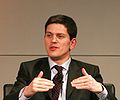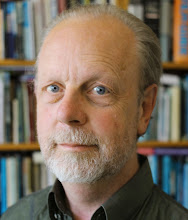A recent conversation on the JISC
Drawing Research list led me to write down what bothered me about the way I was taught drawing at Camberwell School of Art and Crafts (as it then was) in the 1970s.
One particular drawing tutor used to stand behind me and stare morosely at my work. After an interminable wait she would sigh and say, 'That's not very honest, is it?' I had no idea what she was trying to tell me. I now think I had totally misconceived drawing as being in some way concerned with matching the scene I was observing - and, worst of all, I did not even realise I had this preconception.
Much of the teaching was brilliant, but I wish someone had made a few points clear to me then:
- drawing is a form of representation, and no representation matches what it represents: instead it is a transformation.
- how the marks on the page relate to what you see, or think you see, is entirely up to you.
- many of the marks we make are not direct responses (whatever that means) to experience, but conventionalised and culturally determined; this is not a problem.
- what matters is not the relation between the scene and the drawing, but that between the scene, the drawing and the viewer (who may only be the person doing the drawing).
- drawing tries to construct something which produces a response in the viewer that is in some way analogous to looking at the scene; in what way it is analogous is again entirely up to the person drawing.
In short, I wish someone had drawn my attention to the 'dominance of making over matching' (Gombrich 1977 Art and Illusion: a study in the psychology of pictorial representation p248) and invited me to rethink what I thought I knew about drawing in light of that idea.
I pursued some of these questions of the relation between the scene, the depiction and the viewer in A Schema for Depiction (2007) In: Van der Waarde, K. and Westendorp, P. (eds.). Visible Language 41(3). Special issue on Visual Metaphors in User Support. 280-300.







